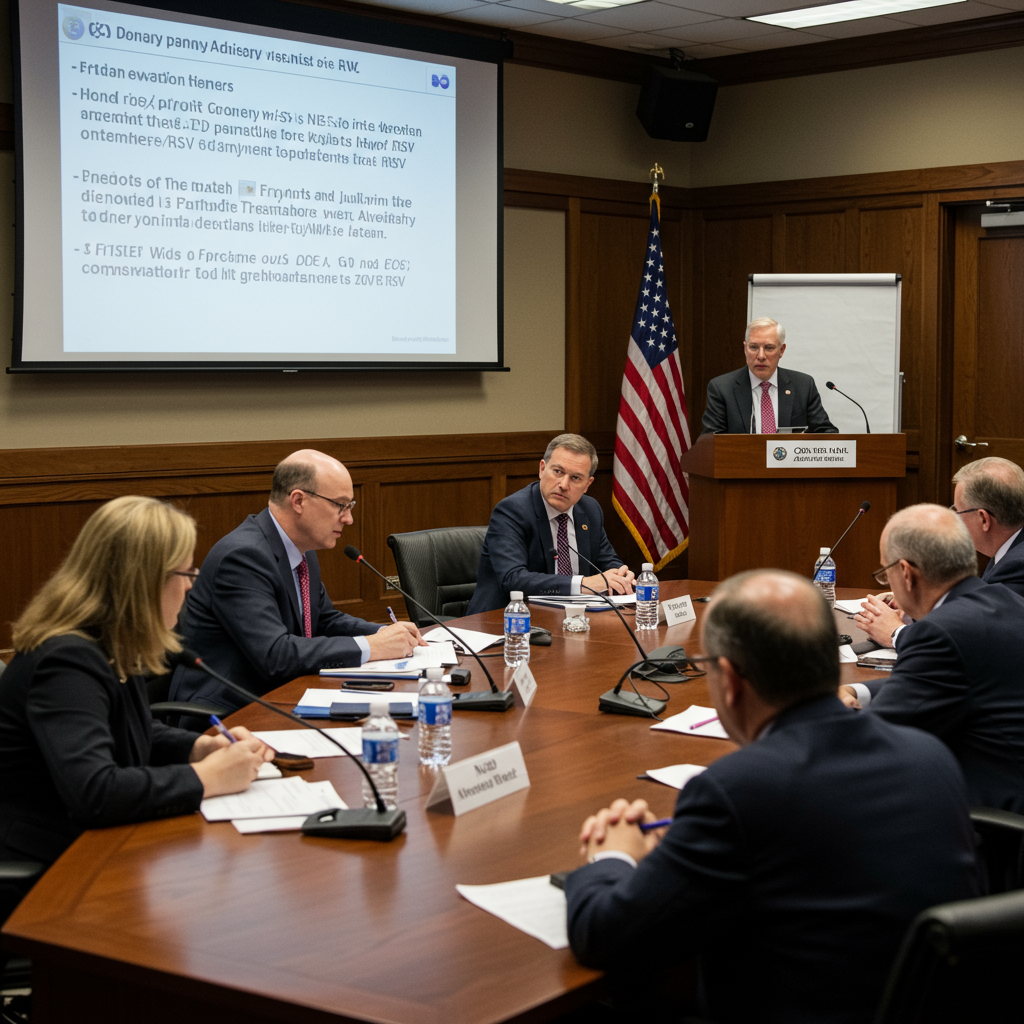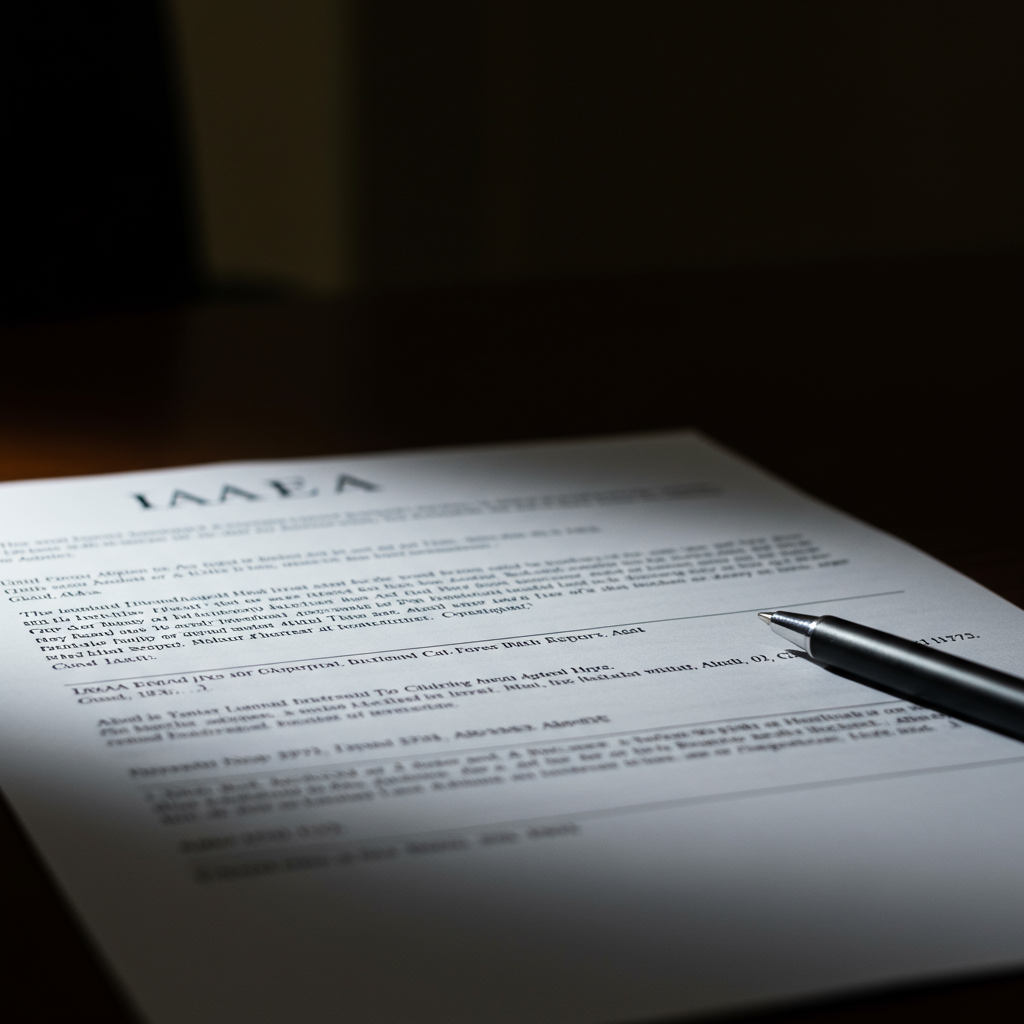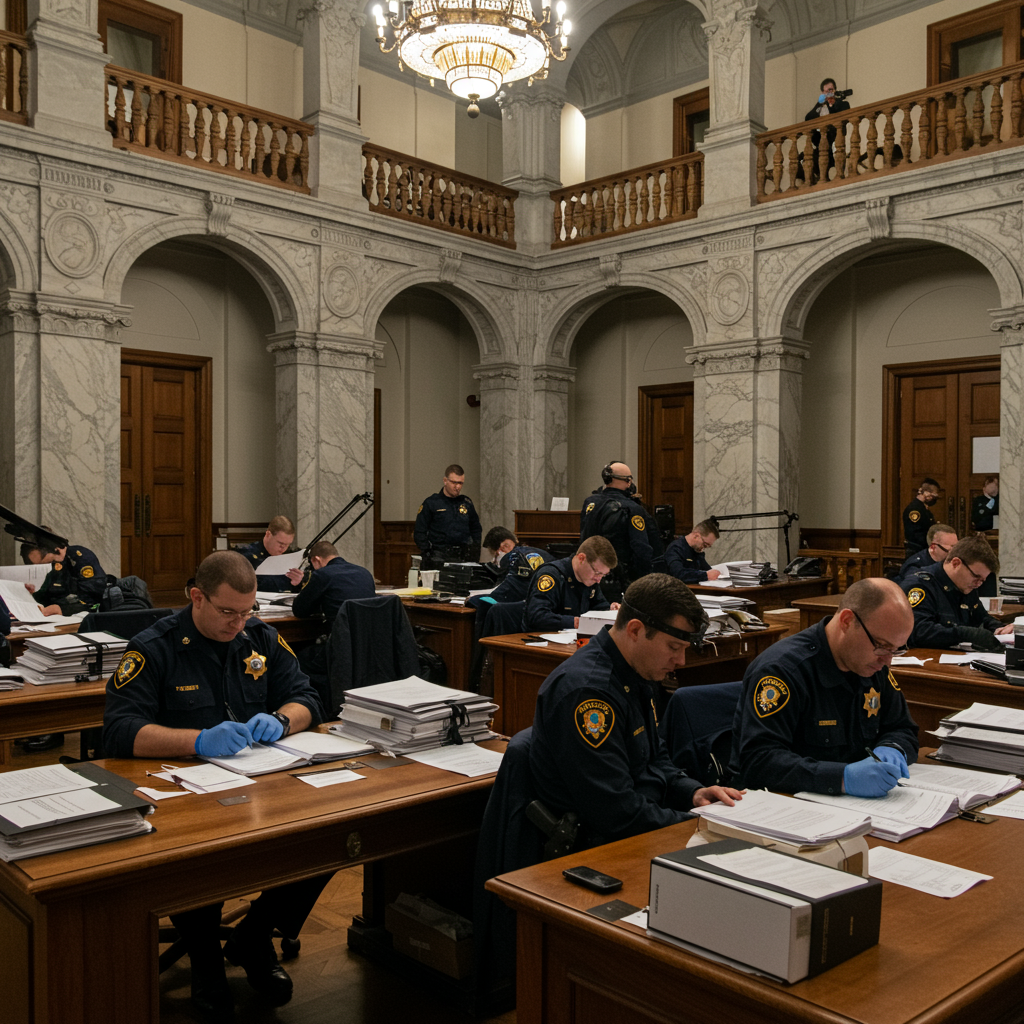A federal advisory committee has recommended a new preventative treatment for respiratory syncytial virus (RSV) in infants. This significant public health move comes from the Centers for Disease Control and Prevention’s (CDC) immunization <a href="https://news.quantosei.com/2025/06/28/unusual-pushback-dangerous-precedent-what-the-first-meeting-of-kennedys-cdc-advisers-reveals-about-the-future-of-vaccines-in-america/” title=”Unprecedented: First CDC Vaccine Advisers Meeting Shocks Experts”>panel. The panel, recently restructured by Health and Human Services Secretary Robert F. Kennedy Jr., voted to endorse a novel monoclonal antibody designed to protect young children from severe outcomes of this common respiratory illness.
The advisory committee’s decision signals a step forward in efforts to curb infant hospitalizations caused by RSV. This virus is a leading driver of hospital stays among babies in the United States. The recommendation targets infants during their most vulnerable early months of life.
New RSV Prevention Recommended
The specific treatment recommended by the CDC’s Advisory Committee on Immunization Practices (ACIP) is clesrovimab. This is a new monoclonal antibody developed by Merck, expected to be marketed under the name Enflonsia. Monoclonal antibodies offer temporary, passive immunity by providing the body with antibodies it needs to fight off a specific virus. The Food and Drug Administration (FDA) had approved clesrovimab just two weeks prior to the panel’s vote.
The ACIP plays a crucial role in U.S. public health. It advises the CDC on how to distribute vaccines and other preventative tools like monoclonal antibodies. Its recommendations heavily influence clinical practice and public access to these interventions.
A Controversial Panel and Vote
The ACIP meeting and subsequent vote were marked by significant controversy. Secretary RFK Jr. had recently dismissed all 17 previous committee members. He replaced them with a smaller group of eight appointees. These new members included individuals described as ideological allies and vaccine skeptics. One appointee later withdrew, leaving only seven voting members. This drastic change drew strong criticism from the medical community, with pediatricians calling the new panel “truly an embarrassment.” Critics argue the shift erodes the panel’s scientific credibility.
The vote on clesrovimab passed 5-2. However, it followed extensive questioning and debate from the new members. Dr. Retsef Levi, an MIT professor known for skepticism regarding reviewed medications, voted no. He expressed concern about interpreting the data. Nurse Vicky Pebsworth, associated with a prominent anti-vaccine group, also voted no. She reportedly raised concerns about administering the new treatment alongside other routine childhood vaccinations. CDC data from the Vaccine Safety Datalink program, however, indicates that coadministration poses no safety risk.
Despite the dissent, the majority voted in favor. They recommended clesrovimab for all infants younger than eight months old. This covers babies born during or entering their first RSV season.
Ensuring Access for Families
Beyond the initial recommendation, the panel took another important step. They unanimously voted 7-0 to include clesrovimab in the federal Vaccines for Children (VFC) program. This program provides free or low-cost vaccines and related interventions to eligible children. Approximately half of all U.S. children qualify for the VFC program. Including clesrovimab here is vital for ensuring widespread access, particularly for lower-income families. The final decision on the recommendation will rest with HHS Secretary RFK Jr., as the CDC currently lacks a director.
Understanding the Threat of RSV
Respiratory syncytial virus is highly contagious. It causes symptoms similar to a common cold. However, it can be severe, especially for young infants. RSV infects nearly every child by age two. In the U.S., it leads to around 58,000 hospitalizations annually for children under five. Between 2% and 3% of infants are hospitalized from RSV. Many of these babies had no underlying health conditions.
Before 2023, there was no long-acting preventative option for RSV in infants. The introduction of new tools represents a significant public health advance. Monoclonal antibodies provide protection that wanes over several months. While some debated if delaying infection until toddlerhood was problematic, CDC scientists emphasize that the goal is protecting infants during their riskiest period. The first few months of life are when babies are most vulnerable to severe outcomes like hospitalization.
Building on Existing Prevention Strategies
Clesrovimab is not the first preventative available. Sanofi and AstraZeneca’s Beyfortus (nirsevimab) was approved in July 2023. It was previously recommended by the ACIP for infants under 9 months entering their first RSV season. Beyfortus was the first widely available option. Clinical data from the 2024-2025 RSV season highlighted the success of these newer interventions. CDC data showed that 57% of infants were protected through either maternal vaccination or a monoclonal antibody shot. This resulted in a reported 30%-40% reduction in RSV hospitalizations among infants. Data presented specifically on Beyfortus showed about a 47% reduction in hospitalizations for newborns up to two months old. Dr. Cody Meissner, an ACIP member who voted for clesrovimab, called these previous results an “astonishing accomplishment.”
Parents will now have a choice between Beyfortus and clesrovimab. Receiving one means the other is not needed. Additionally, pregnant individuals can receive Pfizer’s Abrysvo RSV vaccine. This maternal vaccine, recommended between 32 and 36 weeks gestation during RSV season, protects the newborn through passive antibody transfer. These multiple strategies offer comprehensive options for safeguarding infants.
Beyond RSV: Thimerosal and Schedule Review
The ACIP meeting addressed other topics, highlighting the new panel’s priorities. Discussions included the controversial issue of thimerosal. This ethylmercury-based preservative is found in multi-dose vials of some influenza vaccines. While removed from most childhood vaccines in the early 2000s and considered a settled scientific matter by experts, thimerosal remains a focus for anti-vaccine advocates.
The panel voted to recommend against using the small number of flu vaccines containing thimerosal. Panel chair Dr. Martin Kulldorff argued this could increase vaccine confidence. However, critics, including industry representatives and liaison members, raised concerns. They noted that 96% of flu vaccines are already thimerosal-free. Reopening this settled issue, they argued, bypasses standard rigorous review processes. It risks creating unnecessary fear and undermining public trust in safe vaccines. Lyn Redwood, former head of an anti-vaccine group founded by Kennedy, gave a presentation on thimerosal, drawing further criticism about the panel’s process and information sources.
The panel also announced plans for a comprehensive review of the U.S. childhood immunization schedule. New work groups will examine the “cumulative effect” of vaccines and review vaccines not recently assessed. ACIP chair Kulldorff noted that the U.S. schedule includes more vaccines than many other developed nations. He suggested potential discussions around vaccines like the Hepatitis B shot given at birth. This broad review signals a potential shift in how the federal government approaches childhood immunization recommendations. The American Academy of Pediatrics has reacted strongly, stating that the federal ACIP process is “no longer a credible process.” They affirmed their intent to issue their own recommendations.
Overall, the ACIP meeting underscores the complex intersection of public health needs, scientific advice, and political influence. While recommending a new tool to combat a dangerous infant virus, the process revealed deep divisions and concerns about the direction of federal immunization policy under its new leadership.
Frequently Asked Questions
What is the new RSV treatment recommended by the CDC panel?
The new RSV treatment recommended by the CDC’s advisory panel is clesrovimab, a monoclonal antibody manufactured by Merck and expected to be sold as Enflonsia. This treatment provides passive immunity to infants. It is designed to protect them from severe outcomes of Respiratory Syncytial Virus (RSV), a leading cause of hospitalization in babies. The FDA recently approved clesrovimab.
Who is eligible for the new RSV shot recommendation?
The CDC advisory panel recommended clesrovimab for infants younger than eight months old. This includes babies born during or entering their first RSV season. This is a preventative measure. It is one option alongside existing strategies like Sanofi/AstraZeneca’s Beyfortus monoclonal antibody and Pfizer’s maternal RSV vaccine given during pregnancy. Parents will choose which option is best for their infant.
Why is the CDC panel’s recommendation controversial?
The controversy stems primarily from the composition of the ACIP panel itself. Health Secretary RFK Jr. replaced all previous members with new appointees, including individuals described as ideological allies and vaccine skeptics. Critics from the medical establishment argue this change undermines the panel’s scientific integrity. Although the clesrovimab recommendation passed, dissenting votes and debates over interpreting data occurred. The panel also discussed controversial topics like thimerosal using processes that critics claim bypassed standard scientific review, further fueling concerns about the panel’s direction and credibility.
Word Count Check: 1150



